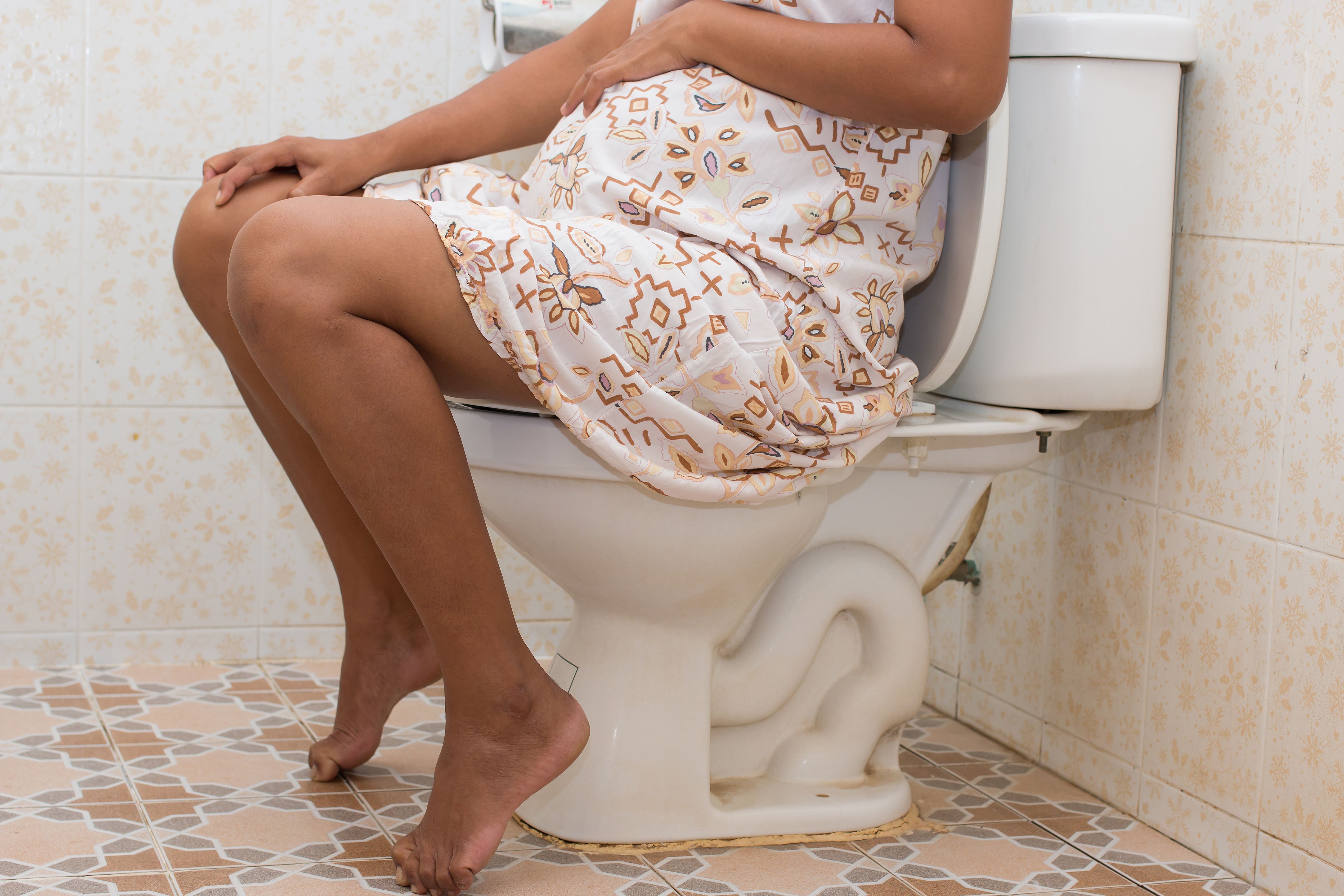With or without treatment: how long do hemorrhoids take to heal?

Hemorrhoids often get better on their own after a few days. In some cases, they may take longer to go away, or get bigger, and may need medical treatment.
Do hemorrhoids systematically cause symptoms?1,2
By the age 50, more than half of men and women will have hemorrhoids. While a lot of people who have hemorrhoids are asymptomatic, about 5% of them experience symptoms that include:
- Bright red blood after you poo
- An itchy anus
- Feeling like you still need to poo after going to the toilet
- Mucus in your underwear or on toilet paper after wiping your bottom
- Lumps around your anus
- Pain around your anus
How do you get rid of hemorrhoids?1,2
You can treat or prevent hemorrhoids in the following ways:
- Drink lots of fluid and eat plenty of fiber to keep your poo soft
- Wipe your bottom with damp toilet paper
- Take painkillers if hemorrhoids hurt
- Take a warm bath to ease itching and pain
- Use an ice pack wrapped in a towel to ease discomfort
- Gently push the pile back inside
- Keep your bottom clean and dry
- Cut down on alcohol and caffeine, such as tea, coffee, and cola, to avoid constipation
- Use creams, anesthetics, and steroids to alleviate pain, itchiness, and swelling temporarily
- Use venotonic therapies, which promote drainage in a vein, such as oral flavonoid medication, which may help with any bleeding
What not to do to get rid of hemorrhoids1,2
If you want to get rid of hemorrhoids, do not:
- Wipe your bottom too hard after you poo, which can irritate the delicate skin around the anus
- Ignore the urge to poo
- Push too hard when pooing
- Take painkillers that contain codeine, as they can cause constipation
- Take ibuprofen if your hemorrhoids are bleeding
- Spend more time than you need to on the toilet
- Scratch or squeeze if you feel a bump around the anus
- Eat high-fat foods that have a low fiber count and could lead to constipation and straining
- Use excessively laxatives, which may cause diarrhea that can lead to hemorrhoids
How long do hemorrhoids usually take to heal?2,3
There is no set duration for hemorrhoids. How long hemorrhoids last depends on the individual.
Small hemorrhoids may clear up without any treatment within a few days. Dietary changes and lifestyle habits can help clear up small hemorrhoids within a brief period. Large hemorrhoids may take longer to heal and cause significant pain and discomfort.
Be aware, though, that hemorrhoids may recur if you reduce your fiber and liquid intakes, become sedentary, gain excessive weight, strain while having a bowel movement, and develop chronic constipation or diarrhea.
When can it take longer to get rid of hemorrhoids?

-
During pregnancy3
Hemorrhoids are a widespread problem during pregnancy, especially during the third trimester. The extra weight that a woman carries during pregnancy may strain the veins in the anus and rectum. As the uterus grows, it also puts pressure on the veins near the rectum. In addition, hormonal changes may relax the veins in this area, making hemorrhoids more likely, and hormonal and physical changes can cause gastrointestinal problems, such as constipation or diarrhea, which increase a person’s risk of hemorrhoids.
-
After birth
Development of hemorrhoids can also take place 1-2 days after childbirth, which may increase the risk of hemorrhoids by approximately 8 times. This risk increases after further pregnancies. The causes of hemorrhoid development after birth include:
- Method of delivery, where people with natural and instrumental delivery are at a higher risk of developing hemorrhoids
- Prolonged birth
- Prolonged pregnancy and second stage of labor
- More than 20 minutes of straining duration
- High birth weight of newborns
What should you do if you can't successfully and easily get rid of hemorrhoids?1-3
If hemorrhoids have not resolved after 7 days of treatment at home, it is best to see a health care professional. Treatment will depend on the type and severity of the hemorrhoids.
-
Treatment without surgery: common hospital treatments include:
-
Rubber band ligation: a band is placed near the base of the hemorrhoids to cut the blood supply. This shrinks the hemorrhoids, and they fall off.
- Sclerotherapy: a liquid is injected into your hemorrhoids that blocks blood supply and causes shrinkage.
- Electrotherapy: a gentle electric current is applied to your hemorrhoids to cut off blood supply and shrink them.
- Infrared coagulation: an infrared light is used to block the blood supply resulting in shrinkage of the hemorrhoids
-
If these treatments do not work, you may need surgery to remove your hemorrhoids.

- Surgery: Only a few people with severe hemorrhoids undergo surgery, when all other treatments have been unsuccessful. The surgical treatments include:
- Hemorrhoidectomy: your hemorrhoids are cut out.
- Hemorrhoid stapling: your hemorrhoids are stapled back inside your anus.
- Hemorrhoidal artery ligation: stitches are used to cut the blood supply to your hemorrhoids to make them shrink.